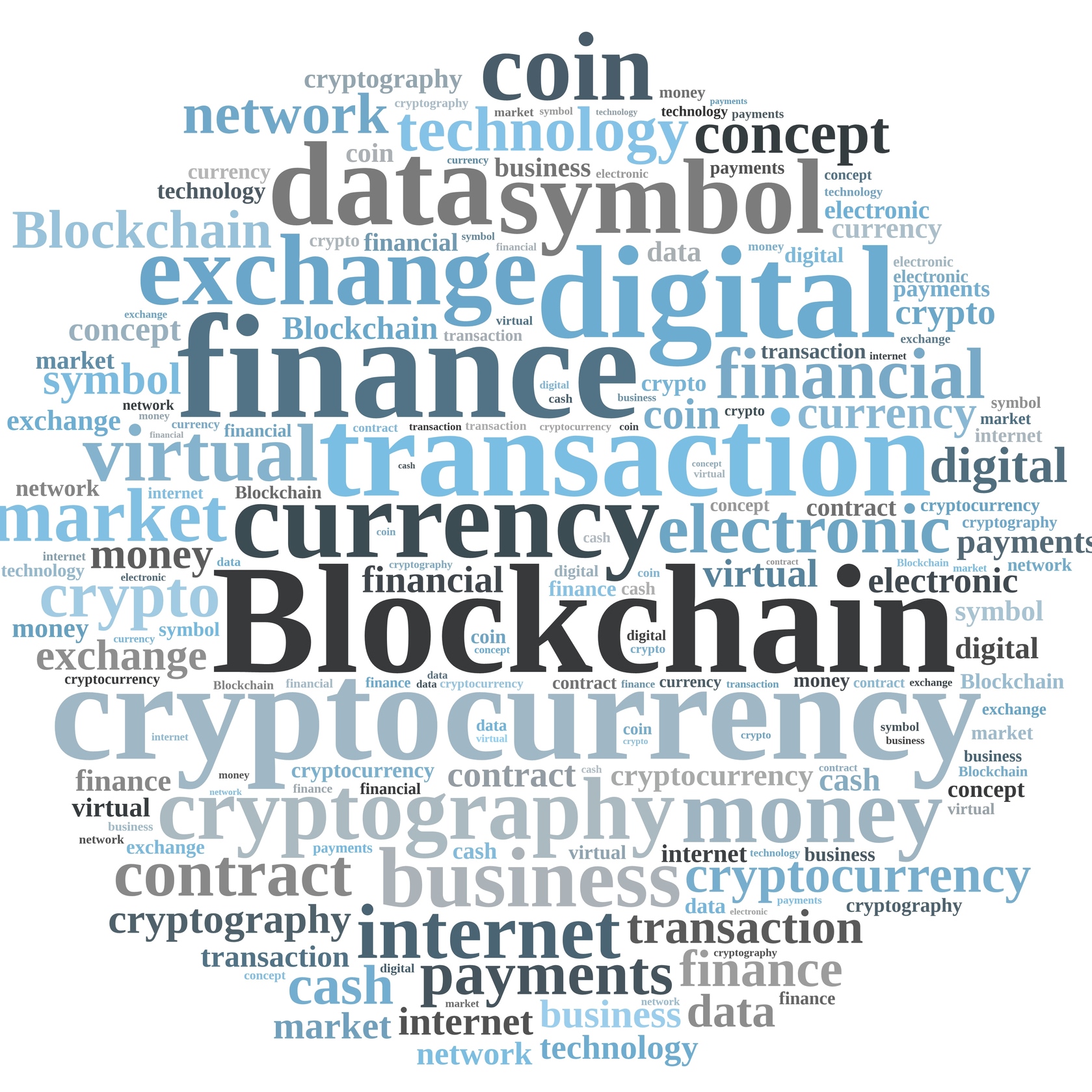
Earlier this month, Venezuelan President Nicolas Maduro announced that his country would introduce a digital currency to be called the “petro” backed by the country’s vast (300 billion barrels) proved reserves of oil and other natural resources. Maduro’s goal is to circumvent the international financial blockade that the United States raised around the country last August.
There could be some problems. Foremost is the country’s uncontrollable inflation which has made the national currency — the bolivar — essentially worthless. Ordinary Venezuelans have already taken to mining bitcoin or even using it to purchase items that they cannot get because of the U.S. sanctions. How would the petro solve that problem?
If Maduro’s intention is to create just another cryptocurrency, backing it with natural resource reserves is unnecessary. What Maduro has proposed is not really a cryptocurrency but a digital currency. In effect, the petro is a digital fiat currency backed by the country’s resource reserves, not the full faith and credit of the government. It’s essentially a new version of the gold standard — without the gold.
Maduro’s government would probably like nothing better than to have the petro replace the nearly worthless bolivar, but would that really solve the country’s problem with U.S. sanctions? Probably not because just as the Trump administration walled in the country’s ability to conduct transactions with bolivars, so too could it block transactions with the petro.
The only way to avoid the sanctions is to conduct international transactions in a real, decentralized cryptocurrency. Decentralization (via the blockchain) is what defines a cryptocurrency. Because the petro would, by definition, have to be centralized, it is not a genuine cryptocurrency.
Centralization, then, offers new opportunities for corruption. In a report from Moody’s Investors Service published last week and cited at Bitcoin.com, the country’s basic economic mismanagement, political tensions, and unwillingness to make public any economic data has seriously damaged Venezuela’s credibility:
Even if the government were able to establish a virtual currency, we do not believe that the market participants felt sufficiently confident that the government would manage it faithfully and transparently, which would limit their willingness to buy or carry out transactions in petroleum.
Could the petro function as the government hopes? Because the petro would be backed by a physical asset, Venezuela could set up a futures and option exchange where trades are cleared in petros and the value of the currency would be based on the value of Venezuela’s oil and other reserves. The conclusion Moody’s drew applies here as well.
What Venezuela has lost is international confidence and no digital currency is likely to repair the damage. That is not stopping the government from establishing agencies to “superintend” the issuance and regulation of the petro nor is it reining in Maduro’s enthusiasm:
I am sure that the steps we are taking are firm and the year 2018 I imagine, I feel it in my body, is the year of the takeoff of the cryptocurrency and the recovery of the economy of the country.
Could happen, but who would want to bet on it?
100 Million Americans Are Missing This Crucial Retirement Tool
The thought of burdening your family with a financial disaster is most Americans’ nightmare. However, recent studies show that over 100 million Americans still don’t have proper life insurance in the event they pass away.
Life insurance can bring peace of mind – ensuring your loved ones are safeguarded against unforeseen expenses and debts. With premiums often lower than expected and a variety of plans tailored to different life stages and health conditions, securing a policy is more accessible than ever.
A quick, no-obligation quote can provide valuable insight into what’s available and what might best suit your family’s needs. Life insurance is a simple step you can take today to help secure peace of mind for your loved ones tomorrow.
Click here to learn how to get a quote in just a few minutes.
Thank you for reading! Have some feedback for us?
Contact the 24/7 Wall St. editorial team.



